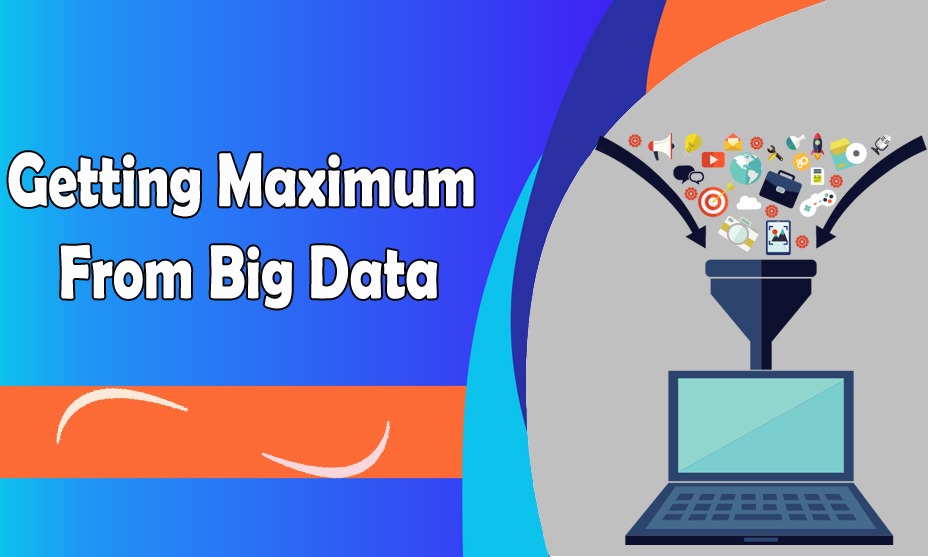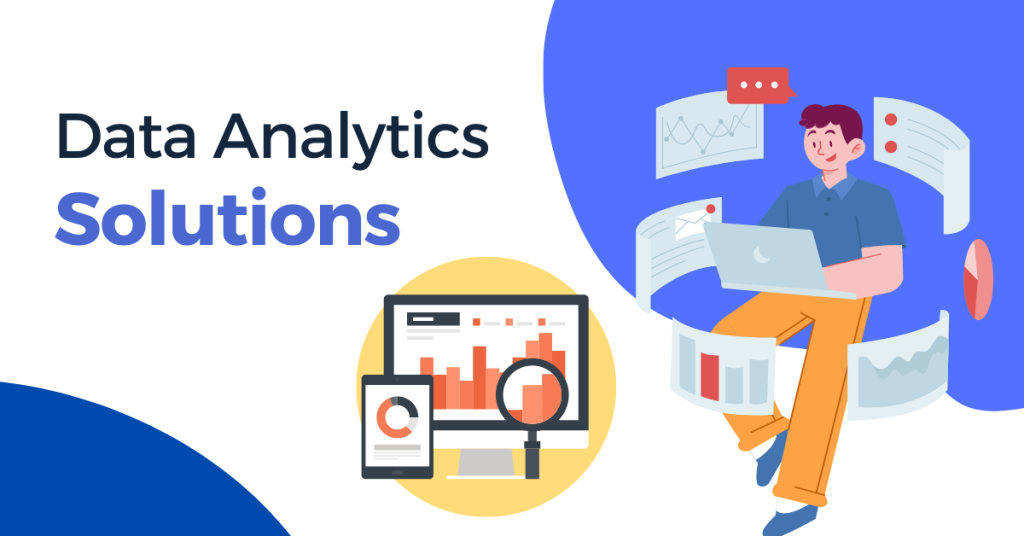4 Tips for Getting Maximum the Most From Big Data

In today’s data-driven world, organizations are increasingly relying on big data to make informed decisions, optimize operations, and gain a competitive edge. However, many organizations struggle to extract maximum value from their data due to various challenges such as lack of expertise, inadequate infrastructure, and difficulty in integrating data from different sources.
But some companies have specialized in helping businesses overcome these challenges. These are consulting firms like PixelPlex big data consulting company among other reputable companies. Their work is to help you understand your data better and gain value for it. This article explores some key strategies businesses can use to maximize the value of their big data.
Understanding Big Data Strategies
Typically, a business collects massive amounts of data daily. With time and if the data isn’t well organized and structured, this data accumulation can become more of a nuisance than a useful business tool. This is because most of it is either semi-structured or completely unstructured.
Big data consulting firms help to build strategies to allow your businesses to understand your data more, how it will be used, and exactly what it will take for you to achieve your objectives with it. Here’s how you can derive maximum benefit from your big data:
Develop a Good Strategy
One of the key challenges that organizations face when it comes to big data is understanding how to effectively use it. Developing a comprehensive strategy is a critical first step in unlocking the full potential of your data. This strategy should define your organization’s goals and the types of data you want to collect. It should also define the technologies and tools you need to achieve that goal.
Big data consulting services can help your business develop these strategies by providing the leadership and guidance you need. Data consultants can assist you in identifying the specific data needs and help you develop an effective plan for collecting, managing, analyzing, and interpreting them.
Some key considerations for developing robust data strategies include the following:
Identifying value
You need to understand how you can use big data to drive the business outcomes you want. This can include the performance indicators you need to measure the impact of big data initiatives on your business’s overall performance.
Setting up policies
To ensure the quality and reliability of data, you need to establish clear policies and procedures for data management. You need to have data ownership, retention, access, and security policies in place. This prepares your business for various eventualities that come with holding and utilizing data, particularly client data.
Choosing technologies
There are many different business technologies available for managing and analyzing big data. You need to know the most appropriate ones for your use case and needs. Here, you need to factor in issues like complexity, volume, privacy, access, security, and performance.
Implement Better Data Analytic Solutions

With a good data strategy in place, the next reasonable step is implementing the right analytics solutions. The best approach would be to partner with a data manager or consultant to ensure your processes are working right and performing what you need them to.
Some key considerations for implementing effective data analytics solutions include selecting the right analytics tools. Data analytics tools come in a wide range. Some are quite basic and suitable for reporting and visualization on smaller projects. Others are complex, integrating various technologies such as machine learning, artificial intelligence, IoT, and blockchain. You need to pick the tool that works best for your project without compromising on security and functionality. You also need to consider the level of skill needed to work with your chosen tool.
Building effective data pipelines:
To effectively analyze big data, you need to have a robust data pipeline in place. You need to ask yourself some basic questions such as, where do you collect your data? How do you collect it? Where will you store it? Who is guiding the process? You need to have a clear plan from when data gets into your systems to when it’s utilized.
Creating data visualizations:
A good data pipeline is made even better by proper visualization. You need to have clear visuals on business reports that should be the least automated. This makes it easy to get the valuable business insights you need quickly and clearly.
Build the Right Infrastructure
If you want to get the most out of your data, it’s not just about having the right plans and strategies in place. It’s also about the infrastructure, both on-premise and on the cloud. Your hardware, networks, and software all need to be in the right place.
You need to have the right hardware to support your data complexity and volume needs. Your storage devices and servers must be able to handle your load effectively. Data security is another major concern for anyone handling data and you need to have measures to prevent leaks and hacks. Having strong security measures to protect data from unauthorized access, theft, or breaches can save your business from financial and reputational losses.
Further, you can only benefit from big data if it’s of good quality. Your data infrastructure needs to be in a way that useless data is identified and eliminated before it can mess up the quality and outcomes you need. This involves also checking for issues of data bias that might compromise the integrity of the results you get from the analytics.
Talk to Industry Experts
One of the key reasons your business might struggle with implementing data management solutions is a lack of expertise in the field. Seeking help from data consultants is a viable option if you want to get the benefits of big data. Some of the ways experts can help include:
Offering expert insights and trends about big data can help your business implement better solutions. Reduce the amount of time you use to implement solutions. If you or your teams lack enough knowledge, this process is more of a hit-or-miss kind of situation. However, experts know exactly what to do, the resources needed, and the time required to accomplish a goal. This helps you to avoid errors that might cost you significantly down the line
Conclusion
Big data has the potential to revolutionize the way organizations operate and make decisions. However, realizing this full potential and use cases in your business creates good strategies, carrying out effective data analytics solutions, creating the right infrastructure, and access to specialized expertise. Don’t let your business lag behind. Find a big data consultant and let them help elevate your business through the right data insights.




